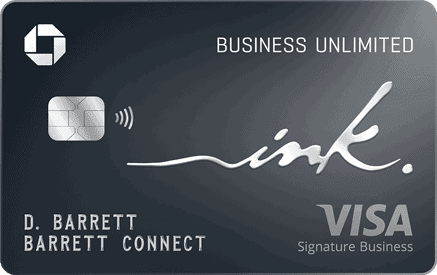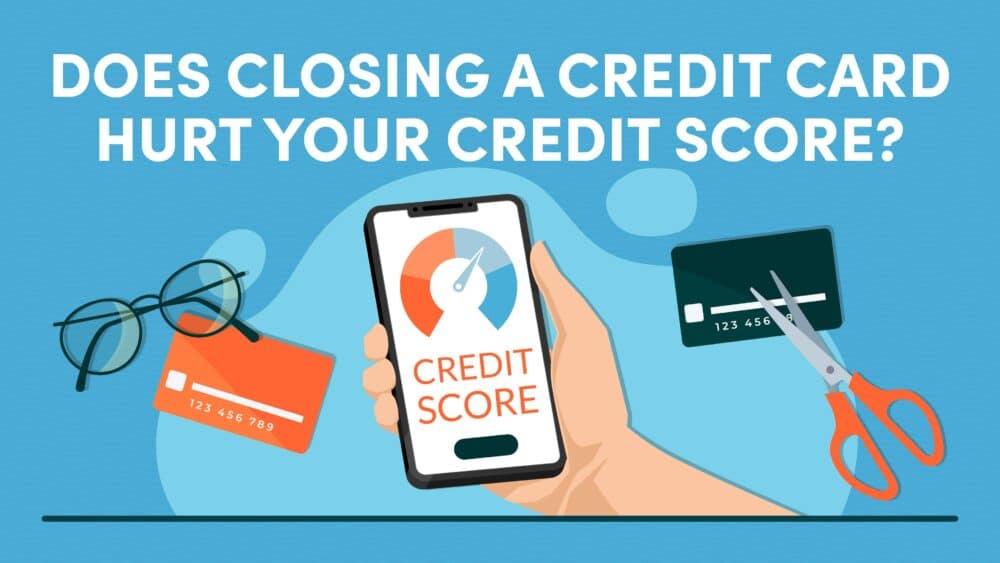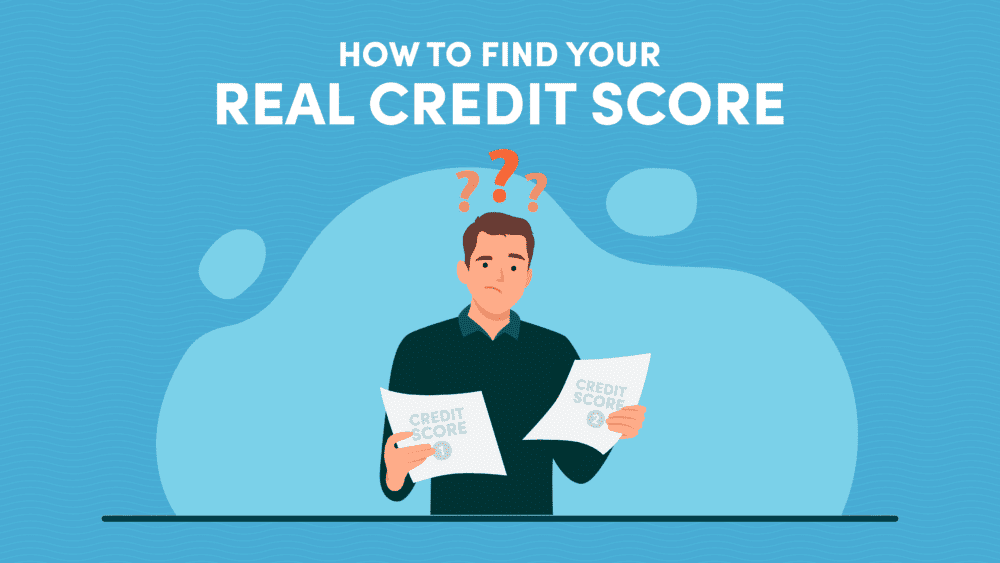
10xTravel is part of an affiliate sales network and receives compensation for sending traffic to partner sites, such as CreditCards.com. This compensation may impact how and where links appear on this site. This site does not include all financial companies or all available financial offers. Terms apply to American Express benefits and offers. Enrollment may be required for select American Express benefits and offers. Visit americanexpress.com to learn more. All values of Membership Rewards are assigned based on the assumption, experience and opinions of the 10xTravel team and represent an estimate and not an actual value of points. Estimated value is not a fixed value and may not be the typical value enjoyed by card members.
Note: Some of the offers mentioned below may have changed or may no longer be available. The content on this page is accurate as of the posting date; however, some of our partner offers may have expired. You can view current offers here.
Just like with credit cards, there are many myths surrounding the concept of credit and your credit score. Conventional wisdom about credit is conflicting. Some financial gurus recommend against ever opening a credit card while others encourage you to carry a balance.
Let’s look at some of the most common and dangerous myths about credit, and banish them once for all.
Myth No. 1: Paying with Cash or Debit Cards Will Protect My Credit Score
If you’ve never had a credit card, you might be under the assumption that a hands-off approach to your credit score is the safest way to protect it.
People often equate having a good credit score with using as little credit as possible and not taking out a line of credit in the first place. In other words, the less you borrow and spend, the better your credit score will be, or so the thinking goes.
Fortunately, this idea is false.
All things remaining equal, using a credit card for everyday expenses and ensuring you always pay your balance on time and in full will be far better for your credit score than sticking to cash or debit cards.
Your credit score is an indicator of your creditworthiness, which is effectively a measure of how reliable you are as a borrower. Your reliability as a borrower isn’t increased through not borrowing in the first place. Instead, your reliability is increased through paying off your balance on time. Essentially, your credit score is your track record as a borrower.
When you use cash or debit cards, you may not hurt your credit score, but you also won’t improve it, as you’re not adding to your track record as a borrower. However, if you charge daily expenses to your credit card and pay your balance off in full and on time, you’re building your track record as a reliable borrower, helping you to improve your credit score.
This is because your credit score is made up of a variety of factors, one of which is payment history. Payment history accounts for 35% of the weighting of your FICO® credit score, making it the most important factor in the calculation of your score. A strong track record of punctual payments will improve your credit score, making it easier for you to apply for mortgages and loans with lower interest rates. This in turn could save you thousands of dollars down the line.
Likewise, using a credit card enables you to earn points, miles and cash back, which helps offset the cost of your expenditure by reimbursing you through rewards. With cash and debit cards, your money is simply gone when you spend it.

Myth No. 2: Having Too Many Credit Cards Will Hurt My Credit Score
In the same way that some people believe that avoiding credit altogether will improve your credit score, the fear of having too many credit cards is another prominent myth.
In reality, having more credit cards open can improve your credit score compared to having just one. This is because of the role your credit utilization ratio plays in the calculation of your credit score.
Your credit utilization ratio is simply a measure of the amount of credit you’re using compared to your total available aggregate credit limit across all cards.
For example, if you have only one credit card with a credit limit of $1,000 and a balance of $200, your credit utilization ratio would be 20%. If you had two cards with an aggregate credit limit of $2,000 and the same total balance of $200, your credit utilization ratio would now be only 10%.
To protect your credit score, you want to maintain a credit utilization ratio of 30% or lower.
Generally speaking, the lower your utilization ratio, the better. That means that the higher your total available credit limit across all cards is, the more you can spend on your cards without your credit utilization ratio spiking.
Your credit utilization ratio factors into the “amounts owed” weighting of your credit score, which accounts for 30% of your FICO score. A high credit utilization ratio indicates to banks, card issuers and credit bureaus that you have a higher risk of defaulting on payments.
If you had a total credit limit of $20,000, maintaining a credit utilization ratio of 30% would equate to a maximum spend of $6,000. However, if you opened more cards and had a total credit limit of $100,000, maintaining a credit utilization ratio of 30% would equate to a maximum spend of $30,000.
Therefore, the more cards you have open, the greater your aggregate credit limit will be and thus the better protected your credit score will be.
That being said, there are some important disclaimers to be mentioned regarding opening multiple credit cards:
Don’t Apply for Multiple Cards Simultaneously
While certain card issuers limit the number of cards you can apply for in a given period of time, there’s a more important reason not to apply for multiple cards at once.
Every time you apply for a credit card, the lender will make a hard inquiry, aka a hard pull, on your credit report. This can cause a temporary drop in your score. That means if you apply for multiple credit cards at the same time, you’ll have multiple hard inquiries, causing a more significant drop in your score.
Why does this happen? Because multiple credit card applications over a short period of time can be interpreted by lenders and credit bureaus as a sign of financial distress—regardless of whether or not that’s the case.
“New credit” accounts for 10% of your FICO credit score. The shorter your credit history (in other words, the fewer cards you have and the shorter the amount of time they’ve been open for), the greater the effect of multiple hard inquiries will be on your credit score.
If you have a robust credit history and strong credit score, you’ll be able to handle hard inquiries better (although reducing the number of hard pulls doesn’t hurt).
For this reason, it’s best to leave 30 to 90 days between card applications. If you have limited credit history, sticking to 90 days is the more conservative option.
Follow the Rules of Responsible Credit Card Usage
Regardless of whether you have one open card or 20, responsible credit card usage is what ultimately affects your credit score.
Make sure to always pay your balance in full and on time. Late payments will affect your credit score far more than anything else. If you treat your credit card like a debit card, rather than as a type of loan, you’ll be guaranteed success.
Pay Attention to Credit Card Application Rules
Card issuers have certain rules pertaining to how many new cards you can open over a certain period of time as well as limits on the number of cards you can hold.
The Chase 5/24 rule is a classic example of such, preventing you from opening any new cards with Chase if you’ve opened five or more cards from any issuer within the last 24 months.
Rules for business cards and consumer cards can also vary.
For this reason, it’s important to formulate a clear strategy for credit card applications, rather than diving in head first and hoping for the best.

Myth No. 3: Carrying a Balance Will Improve My Credit Score
Although we’ve already mentioned it, this myth deserves its own section as the effects of believing it can be disastrous for your credit score and personal finances.
Forget the 10 commandments—responsible credit card usage can be summarized in one single commandment:
Thou shalt always pay thy statement balance in full and on time each billing cycle.
Some people as well as certain financial gurus may tell you that there’s some hidden benefit to having a revolving credit card balance. The belief typically conflates carrying a balance with having credit history, purporting that a balance is necessary to improving your credit score.
In reality, failure to pay your balance off in full and on time will lead to late fees, penalty fees, exorbitant interest charges and a damaged credit score. No incremental benefits could outweigh the disastrous effects of the consequences on your personal finances.
Apart from costing you thousands of dollars, your ability to apply for loans, mortgages and other lines of credit will be significantly impaired, affecting your personal and business life.
Paying your balance punctually and regularly will improve your credit score.
The best tactic is to pay your balance off before the due date, but not before your statement closes. If you pay your balance off before your statement closes, there won’t be any positive payment history to report to credit agencies, preventing you from building your credit score.

Myth No. 4: Closing Credit Cards I No longer Use Will Benefit My Credit Score
Another credit myth that abounds is that closing credit cards you no longer use will improve your credit score. This myth likely comes from the same school of thought that equates a good credit score with never using credit in the first place.
In fact, the reality is the opposite.
Closing credit cards has two significant consequences that can decrease your credit score.
First, closing a credit card will decrease your aggregate credit limit across all credit cards. That means your credit utilization ratio will increase without changing your spending. If your balance is $200 and your credit limit drops from $2,000 to $1,000, your utilization ratio would automatically spike from 10% to 20%.
Second, closing a credit card will affect the “length of credit history” weighting of your credit score, which accounts for 15% of your FICO score. The age of your oldest account, newest account and the average age of all your accounts play a role in the calculation of your score. The older your accounts are, the more beneficial it is for your score, as you establish a longer track record as a reliable borrower.
So every time you close a card account, it’s going to negatively impact your credit score. The older the account is, the worse the impact will be.
Depending on the credit score model used, closed credit card accounts can impact your credit score at different times. For the FICO model, a closed account will still remain on your credit score for up to 10 years after closure if it was positive and up to seven years if it was negative.
In contrast, the VantageScore model doesn’t always include closed accounts on your credit report. That means that the hit to your VantageScore credit score may occur earlier compared to your FICO credit score.
However, in both cases your credit score will experience a decrease. So, should you never close a credit card account?
As trite as the answer may sound, you should only close a credit card account if you have to. There are two situations where this may be the case:
- You pay more in annual fees than you receive in rewards and perks.
- You need to disentangle your finances from another person, such as after a divorce.
If you fall into the first category, you could still contact your card issuer to ask for a retention offer, an annual fee waiver or a product change.
Closing a credit card account is the last option you want to pursue.

Myth No. 5: Checking My Credit Report Will Damage My Score
As already mentioned, checking your credit report can hurt your score. However, it depends entirely on how your credit score is checked.
A hard inquiry is made on your credit report when you apply for certain types of credit, be it a credit card or a loan. A hard pull is conducted by your prospective lender to assess your creditworthiness. Typically, it can cause a temporary drop in your credit score, which normally resolves itself after a few weeks.
In some cases, when applying for a mortgage or other type of loan, you might have several hard inquiries on your credit report by different lenders if you’re “rate shopping” (in other words, searching for the best interest rate). In this case, several hard pulls within a short period of time may be counted as a single inquiry, preventing a significant drop to your score.
However, as already explained, this isn’t the case when it comes to multiple credit card applications. Applying for numerous credit cards simultaneously will cause multiple hard inquiries that can cause a bigger drop to your credit score.
A soft inquiry, or a soft pull, on the other hand, is when you or a company checks your credit report for non-credit related reasons. For example, it may be conducted as part of a background check or you may simply want to know what your credit score is. In this case, your credit score won’t be affected.
If you want to make a soft inquiry, sites such as Credit Karma or Credit Sesame can help. When using a website to check your score, ensure you never provide your card details, as you may be billed for unnecessary monthly features.
It’s important to consider the small decrease to your credit score that occurs when you apply for a new credit card. Although this drop will resolve itself after a few weeks, especially if you already have a robust credit report, it would be unwise to have this happen while you were applying for another type of credit, such as a mortgage.
This score decrease could cause the interest rate on your mortgage to be higher, costing you a significant amount more. Therefore, be mindful when it comes to the timing of credit card applications.
Final Thoughts
Don’t be misled by myths. Credit is simple.
Your credit score is an indication of your track record as a borrower. The more you can prove you’re a reliable borrower, the better your credit score will be.
You can never prove something you avoid.
So the next time you hear someone recommending against credit cards, telling you that you have too many or telling you to close certain credit card accounts, just think about how these actions would affect your record as a borrower.
On the flipside, forget about anyone who tells you that carrying a balance could benefit your finances or credit report. Not a single lender in the world would consider you more reliable for making late payments. It’s no different when it comes to your credit score.
New to the world of points and miles? The Chase Sapphire Preferred® Card is the best card to start with.
With a bonus of 75,000 bonus points after you spend $5,000 on purchases in the first 3 months from account opening. , 5x points on travel booked through the Chase Travel Portal and 3x points on restaurants, streaming services, and online groceries (excluding Target, Walmart, and wholesale clubs), this card truly cannot be beat for getting started!
Editors Note: Opinions expressed here are author’s alone, not those of any bank, credit card issuer, hotel, airline, or other entity. This content has not been reviewed, approved or otherwise endorsed by any of the entities included within the post.









